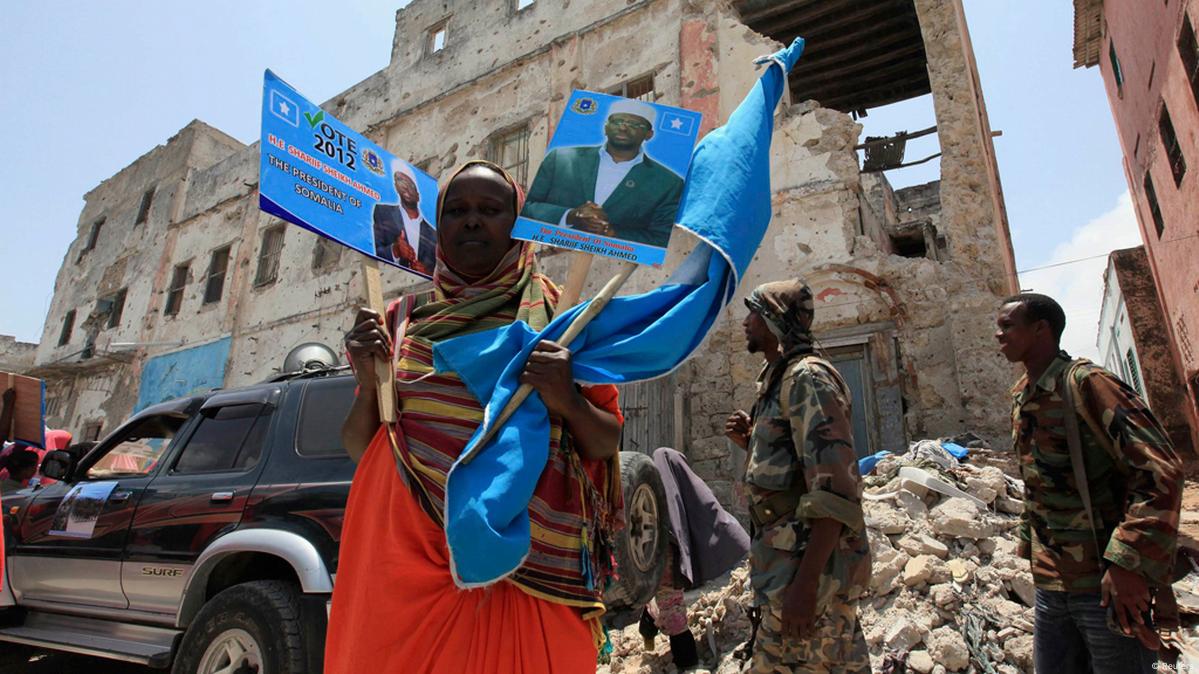Somalia’s election disputes deepen political rift amid civil war concerns

Somalia faces heightened tensions as disputes over electoral reforms and state-level elections threaten to plunge the country into further unrest.
The conflict centers around the federal government’s push for direct voting, a system rejected by key states like Puntland and Jubbaland.
Experts warn this standoff could escalate into a civil war, compounding Somalia’s challenges in battling Al-Shabaab insurgents.
Elias Osman Lugatore, Vice President of Puntland, criticized the federal government’s alleged hostility toward Jubbaland, which recently conducted its own elections.
“The Somali federal government violates the country’s laws and exposes it to the danger of civil war,” Lugatore said, according to local reports.
Jubbaland’s re-election of Ahmed Madobe as its leader has been contested by Mogadishu, which argues the process breaches the recently enacted electoral laws.
Jubbaland, a key agricultural hub with its capital in Kismayo, has further escalated tensions by suspending cooperation with Mogadishu.
A regional court in Kismayo issued a warrant against Somali President Hassan Sheikh Mohamud, accusing him of inciting civil war—a move mirrored by Mogadishu’s judiciary.
The crux of the issue lies in the federal government’s insistence on implementing direct elections by 2025, a system Somalia last experienced in 1968.
This approach has faced resistance due to security concerns and a lack of political consensus.
Former Somali President Sharif Sheikh Ahmed noted, “It is impossible to hold one-person, one-vote elections without the participation of Puntland, Jubbaland, and opposition politicians.”
Analysts warn that unresolved tensions could lead to military confrontations.
Mohamed Torshin, an African affairs expert, said the disagreements pose “a major obstacle to political unity” and risk drawing external actors into the conflict.
Ethiopia’s contentious agreements with Somaliland and its exclusion from Somalia’s peacekeeping plans further complicate the regional dynamics.
While experts like Abdiweli Jama Barre advocate for dialogue between federal and regional authorities, others stress the urgency of international mediation.
“Investing in strong institutions is key to achieving stability,” Barre added, highlighting the need for structural reforms to address Somalia’s deep-seated challenges.
The path forward remains fraught, with analysts emphasizing the importance of collective efforts to prevent Somalia from spiraling into further instability.
About The Author
dailymailafric
I am an avid African news observer, and an active member of Daily Mail Africa.
I’m Passionate about staying informed on diverse topics across the continent,
I actively contribute to publishing on political, economic and cultural developments in Africa.



